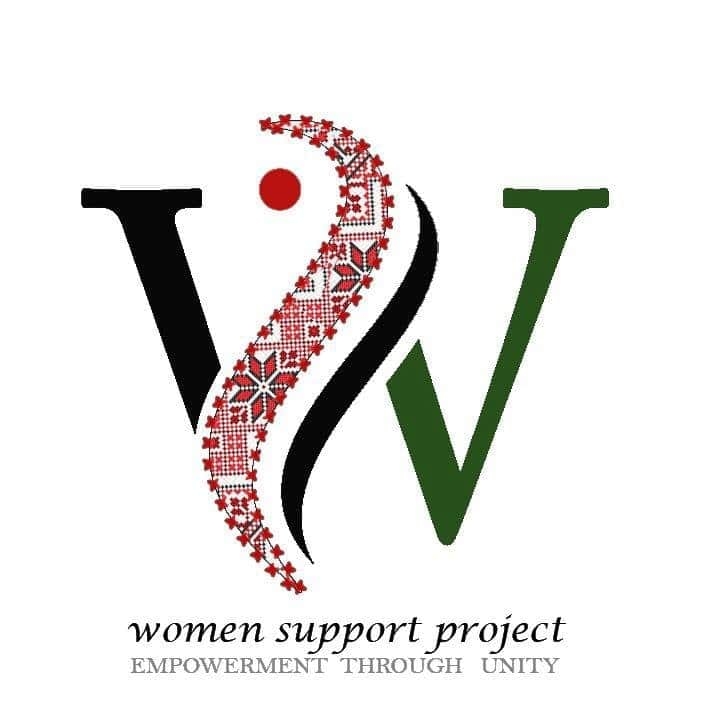Tag: Women Rights
-

Women Support Center in Nablus empowers women and girls, resists gendered violence and the Occupation
The Women Support Center is a project of the Tanweer Cultural Center and has been active in Nablus and surrounding communities of the Northern West Bank for four years now. It serves women and children with legal, mental health, economic, educational, and recreational initiatives. Designed to encourage independence, safety, wellness, and solidarity among women, they…
-
Women Studies Center of Nablus: Women’s rights are Palestinian rights
by Jonas Weber 18 February 2012 | International Solidarity Movement, West Bank “We rented this house since a year back,” says Randa Bashir as she looked around in the brightly lit meeting room at the Women Studies Centre in Nablus. Like most Palestinian houses it is designed to keep cool during the warmer time of the year…
